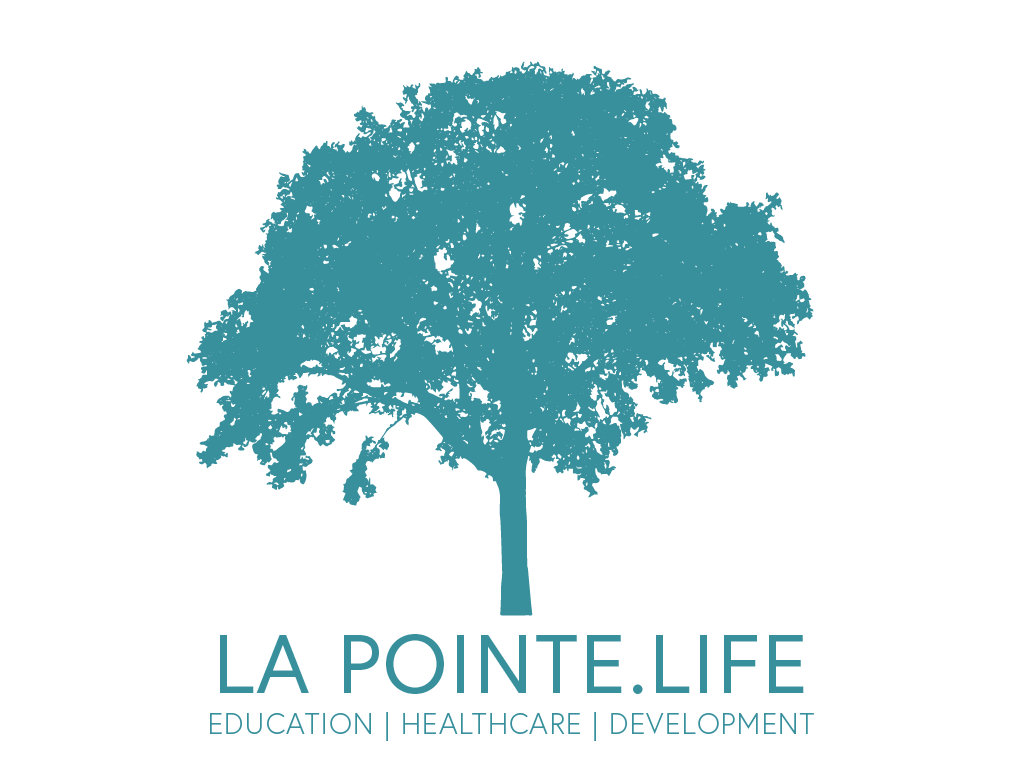How to Remember Who You Are in Times of Crisis
We are all at a standstill. Some of us have been on lock down for weeks. We find ourselves trying to find a new way to do life, homeschool children, and make ends meet. Others of us are on the front lines, sacrificing our own well-being for the health of others. Many of us are between the two, trying to make sense of the new normal and find comfort in whatever protective measures we have placed around us.
But, what about the millions of people around the world who do not have the resources to build a protective bubble around them, or a safety net to catch them? The people who do not have access to a Walgreens, or a CVS to purchase face masks. The people who do not have UberEats and grocery delivery services. The millions of people who do not have access to clean water to wash their hands from COVID-19 and other diseases. The same people that live off of less than $2 a day, where the recommendation to social distance is not an option. Not going to work means their families will literally starve to death.
These are the places in which there is no infrastructure. The places of corrupt governments and oppressive systems. The places where the elite do not suffer, but the other 99% do. The countries where moms and dads were never given a chance to go to school, so they grow up illiterate. The child whose parents died at a young age from undiagnosed AIDS. The young entrepreneur, not so different from you and me, who is just trying to make it in the world. The broken systems, political instability, and the unpredictable natural disasters can feel easy to categorize. Chalk it up as just another poor country with unfortunate circumstances. But, I am here to argue that it is so much more than that.
Before I moved to Haiti, I admit I also unintentionally categorized people into rich and poor. Fortunate and unfortunate. Educated and uneducated. I had the misconception that it was easier for a poor mother to give her child to an orphanage than it was for a rich mother. Or, that it was easy for a homeless man to go to bed hungry. Or a high school drop-out to take a minimum wage job. These ideas I had, stemmed from the false belief that people living in poverty had a hard life, full of difficult decisions, and therefore, they did not have the capability to feel sadness or pain when faced with a crisis. What I was experiencing I later came to learn as dehumanization. The belief that others do not hold the capacity to experience the same human emotions as myself. We demonstrate dehumanization when we deprive someone of human qualities, and dignity, subconsciously believing he or she is less than. It is not something we like to admit, or even think about, but our subconscious can lead us to dark places.
Through a series of painful experiences, my hidden tendency to dehumanize came to light, forcing me to recognize the lies we are led to believe about certain groups of people. Through this season, I came to the conclusion that at the core of who we are, is the same level of humanness. I learned there is no difference between a rich mother’s love and a poor mother’s love. There is no difference in the heart-wrenching death of a spouse. There is no difference in watching a disease take over the body of someone you love. And, there is no difference between the miracle of a new life coming into the world. Regardless of our economic circumstances, pain is pain, and joy is joy.
I tell you this today because we are all experiencing a global pandemic. You are impacted by it, I am impacted by it, and our brothers and sisters from all walks of life are impacted by it. We may not have been able to control the circumstances into which we were born, but we are able to control what we do with the resources we have. Whether it's the neighbor across the street, or the stranger across the ocean, we have a responsibility to gain self-awareness, remove our subconscious tendency to dehumanize, and remember that at the core of who we are is simply, humanity. Your unique skills, knowledge, and resources can be used today, in a seemingly dark world, to bring light to another. Let your light shine.
To find out more information on how to get involved in what La Pointe Foundation is doing visit us at
